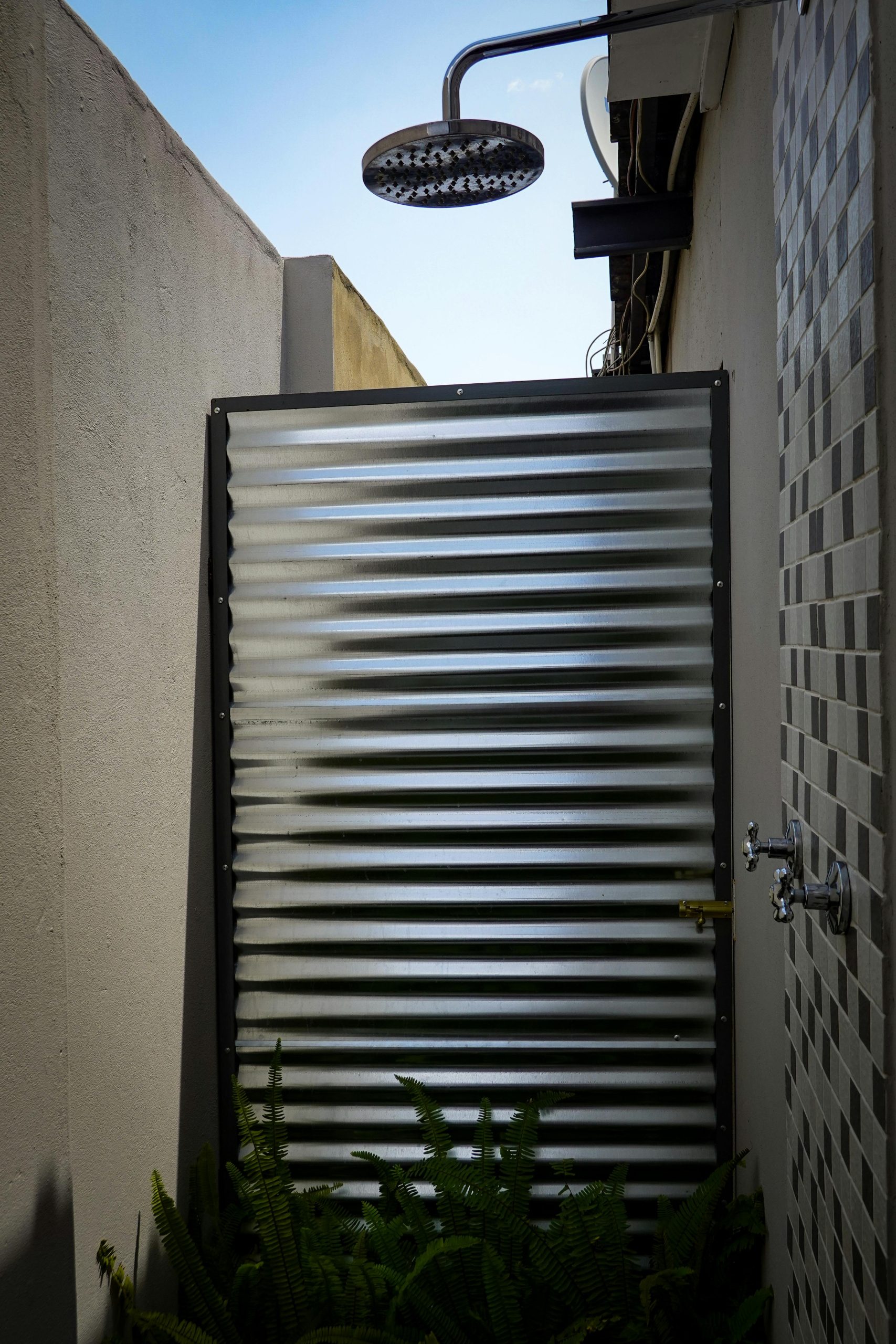The Great Debate: Mum vs. Mom in Australian Culture
In my entire experience, I’ve never encountered an Australian who naturally uses the term “Mom.” To my understanding, the word has a distinctly American flavor.
Perhaps I’ve simply spent too much time soaking up the Queensland sun. Could it be that younger generations are embracing Americanisms more readily than we realize?




The distinction between “Mum” and “Mom” is indeed a fascinating exploration of linguistic nuances across cultures. Your observations aren’t without merit, as language often reflects cultural identities and regional particularities.
In Australia, “Mum” is predominantly the term used to refer to one’s mother, aligning closely with British English, given Australia’s historical ties to the UK. This usage is prevalent across the country, including in Queensland, which you mentioned. The influence of British English in Australia has been well-maintained, especially in terms of vocabulary concerning family relations.
The term “Mom,” on the other hand, is widely recognized as American English and is frequently used throughout the United States. The usage of “Mom” versus “Mum” serves as a cultural marker distinguishing American English from other English variants.
However, language is dynamic and continually evolves, partly influenced by global media, pop culture, and digital communications. American media has a substantial global presence, and Americanisms can sometimes seep into everyday language outside the US. This means that younger generations in Australia might encounter and occasionally adopt American spellings or terms due to exposure to American films, TV shows, and online content.
While this subtle shift may worry some, it’s essential to see it as part of a broader global trend where language boundaries are increasingly fluid. Nevertheless, these linguistic adoptions do not necessarily signal a complete departure from traditional Australian English. “Mum” remains an entrenched and cherished term in Australia, and cultural ties to this version of English remain strong.
For those concerned about preserving traditional language usage, practical advice would be to promote the richness and diversity of Australian English by engaging with local literature, media, and cultural expressions. Emphasizing and celebrating unique linguistic heritage can foster appreciation, especially among young people.
In conclusion, while “Mom” might pop up occasionally, it’s unlikely to supplant “Mum” in Australia anytime soon. Both regional loyalty and cultural identity play significant roles in language preservation, ensuring that terms like “Mum” will continue to thrive throughout the country.